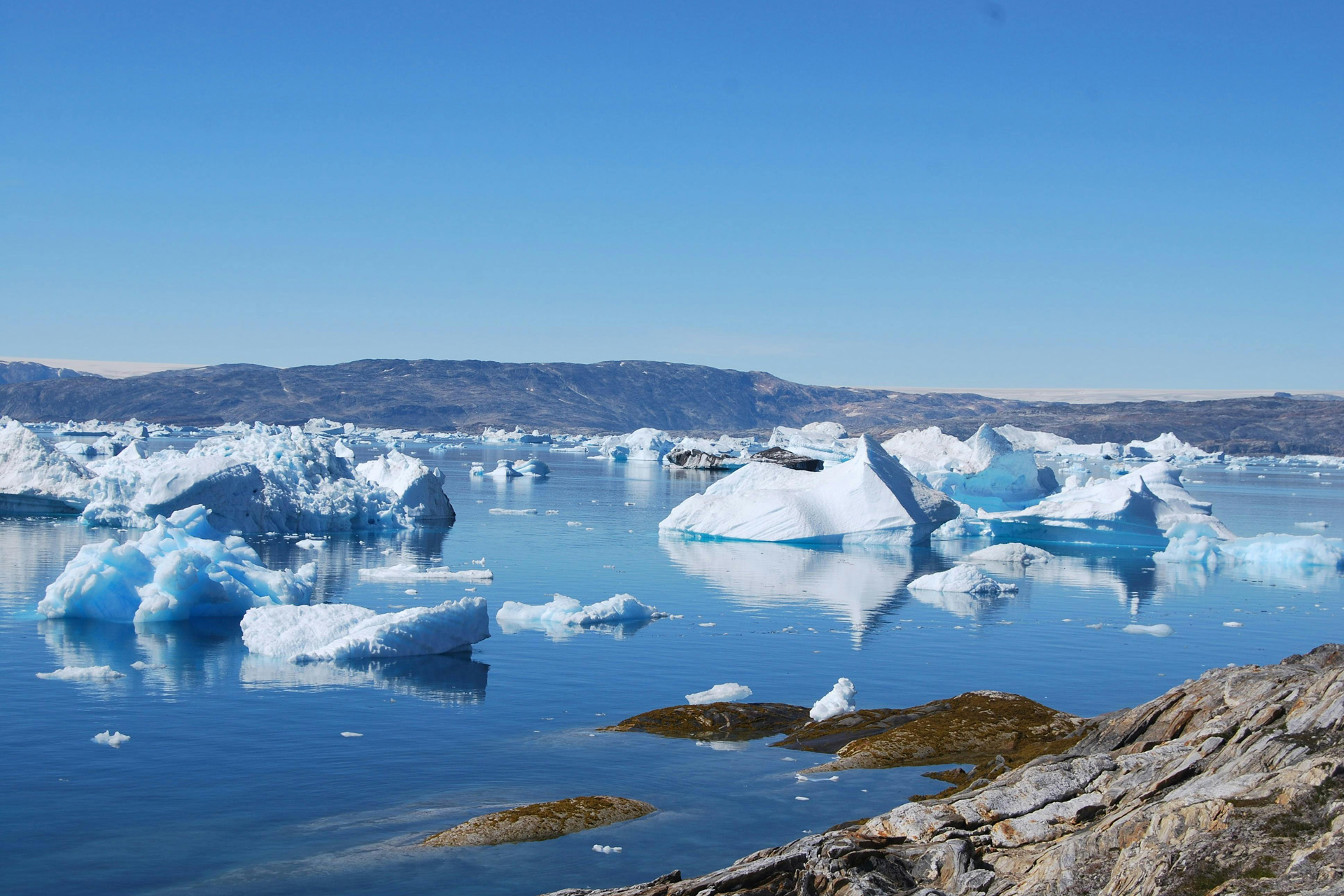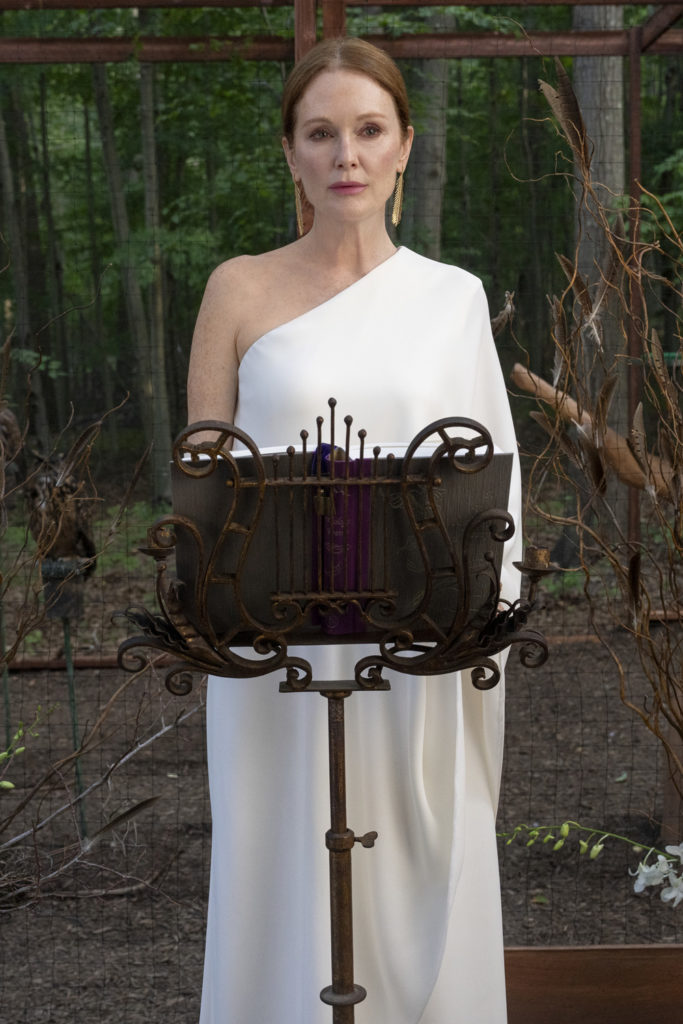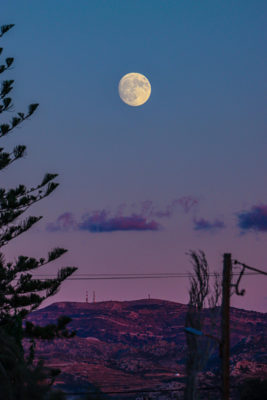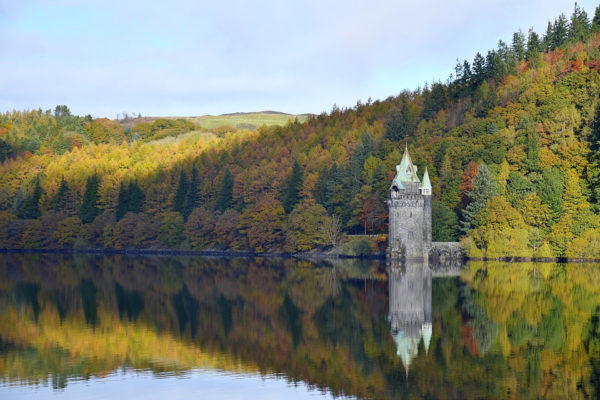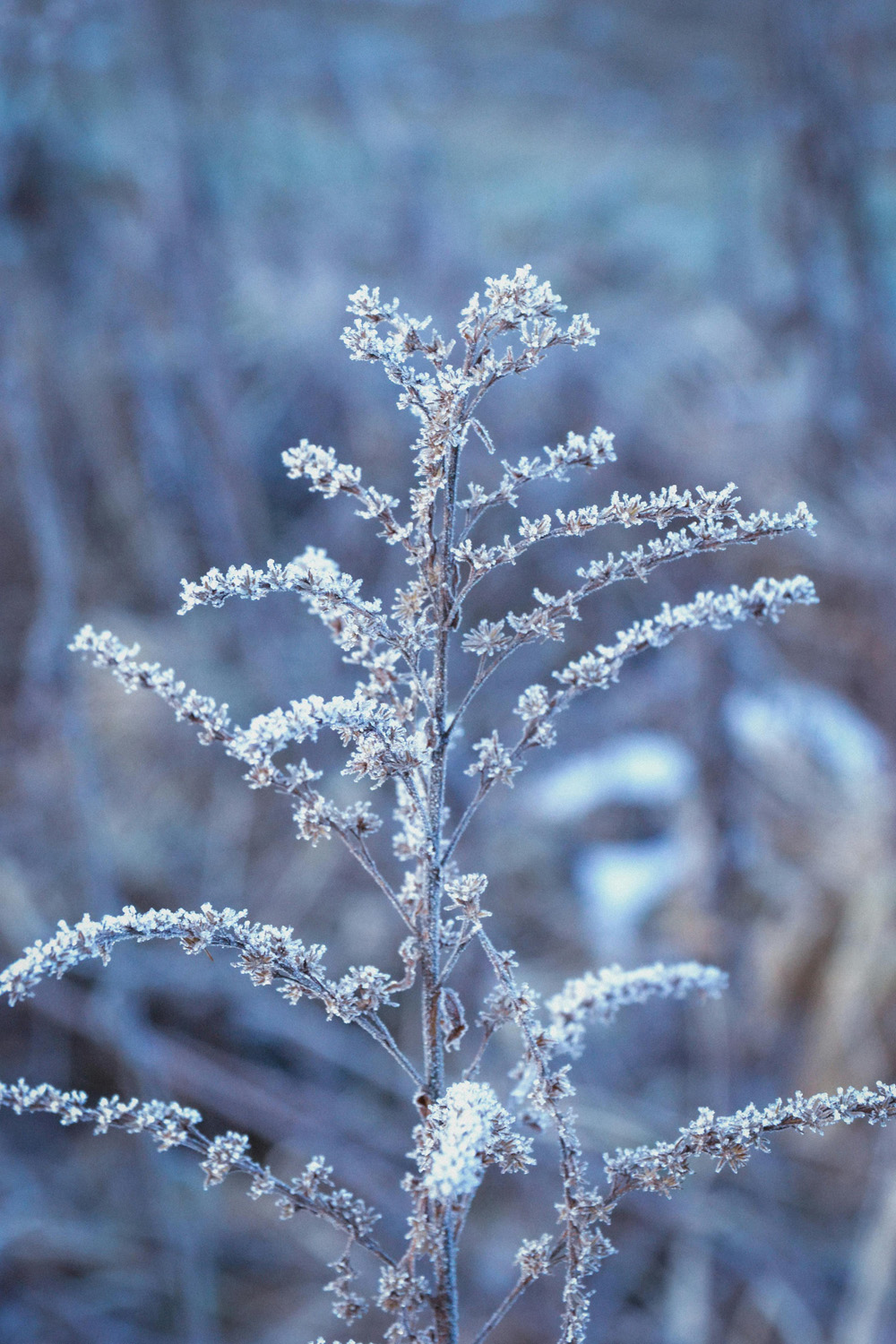
If Global Warming Is A Problem, Why Is It So Cold?
By
11 months ago
The cold snap continues
The US has been engulfed by an icy cold snap, bringing rare snow to the southern states. Across the Atlantic, the UK is also in the grips of bitterly cold weather – and it has been for the whole year so far. As we wrap up in thermals, coats, scarves and gloves ready to face the brisk winds, it all feels a tad discordant with everything we know about the climate crisis. Wildfires were just raging in California, made all the worse due to drier, hotter weather and the notorious El Niño effect. The 2024 global average temperature hit 15.1°C, 1.6°C higher than pre-industrial levels and the hottest year in history. But does global warming somehow make winter colder? Here’s what you need to know.
Does Global Warming Make Winter Colder?
While global average temperatures on the whole illustrate warmer winter temperatures, the truth is more complicated. Warmer temperatures in the Arctic have disturbed the polar vortex, with the circular pattern of winds shifting south – especially to the US and East Asia – and pulling brisk air and snow storms with them. While plummeting temperatures are fodder for climate change deniers, more extreme weather patterns prove the instability of our climate, all caused by higher temperatures. In fact, experts say blizzards will be all the more common in the face of rising average temperatures, even if winters will get shorter and warmer.
As The Royal Society summarises: ‘Global warming is a long-term trend, but that does not mean that every year will be warmer than the previous one. Day to day and year to year, changes in weather patterns will continue to produce some unusually cold days and nights, and winters and summers, even as the climate warms.’
The climate crisis is most pronounced in extreme climates: those closest to and furthest from the equator. As a result, the deserts are hotter and drier, while polar ice masses are shrinking at a rapid rate. The key difference to remember is that between climate and weather: the climate is the overall picture, while weather is what happens day-to-day within that. Clouds, heatwaves, rain and storms are all weather, and put together produce a climate. When we talk about global warming or the climate crisis, we’re talking about the overall picture of the year. Within that, weather seems to be getting more extreme. While the most simple result of global warming is, well, warming, any disruption to the sensitive balance of forces in our atmospheric circulations and weather systems can wreak havoc. Shifting and strengthening polar wind patterns cause colder weather at lower latitudes, while rising sea temperatures play a part, too: warmer seas result in more storms, new storm tracks, and more vicious storms.
Here in the UK, the Met Office projects warmer, shorter and wetter winters – so your winter wardrobe definitely isn’t reaching retirement anytime soon.

